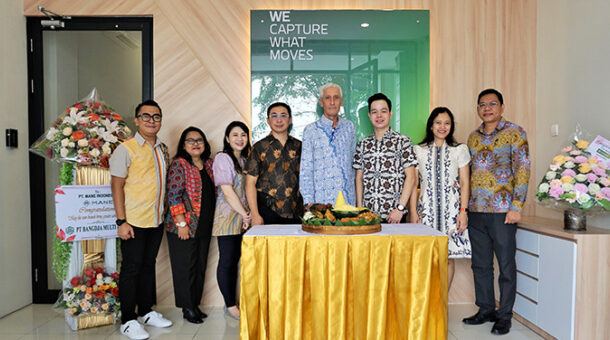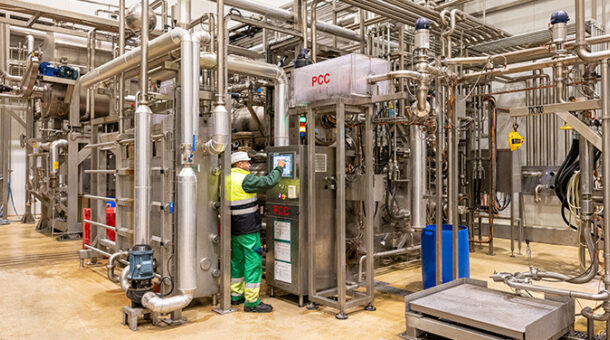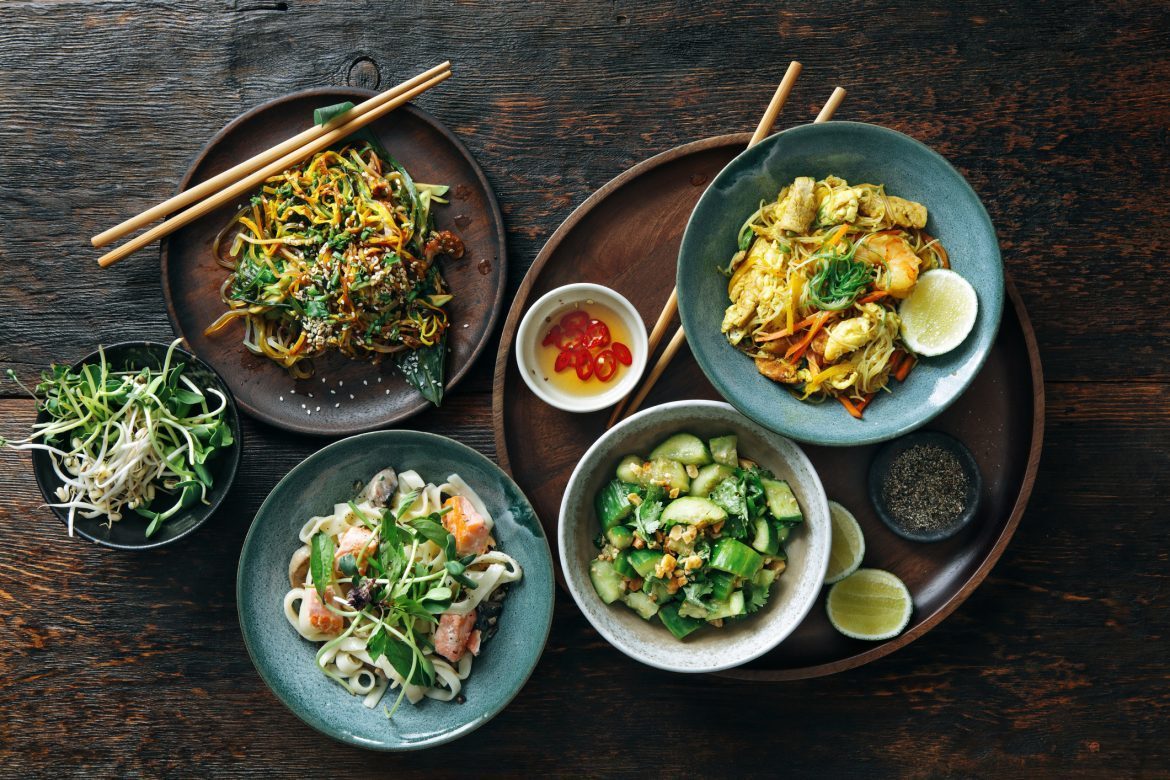At MANE, we believe the protein transition is a revolution which is taking place across many different food cultures.
Japan is a developed country with an aging population. This social dynamic has driven innovation towards healthy living to increase longevity.
Traditional Japanese food is referred to as “Washoku”, a frugal, healthy meal using mainly rice, soybeans and seasonal ingredients such as vegetables, meat and seafood. Over time, this traditional food has been influenced by Western diets leading to a rise in meat consumption. However, we now see meat-free products, usually made from soybeans, at the early stages of growth in Japan.
MANE conducted consumer research in July 2020 among 700+ consumers to understand what drives people in Japan towards veggie meat. We found that "health" is a key driver. Soybean still dominates the daily diet in Japan and is central to meat-free products, which suggests that both “healthy" and “frugal" seem to be closely related drivers for meat-free products.
MANE has identified an opportunity to shift the positioning of soya from frugal to premium whilst also taking advantage of the nutritional benefit of soybeans. The Japanese market is a trendsetter, especially in Asia.
These insights can be a solution not only for animal welfare concerns but, also for health and longevity needs that will be faced in the future globally. If you are interested to discover more, please contact us.






